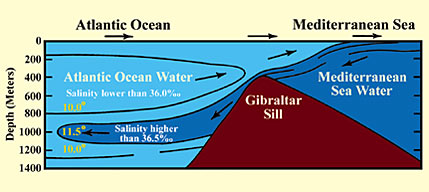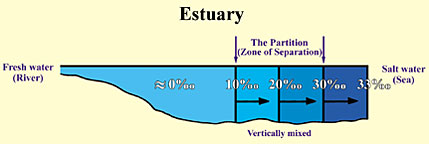Yeah, there are several (may say even a lot of) fractions (directions) in Islam as well.
We believe in one God (Allah) and all his prophets (Muhammad (s.a.a.w.) and all prophets before him and that all of them were human being as we are).
We believe in all Holly books (Quran an all books which were before it). We also believe in science, our religion tells us, to learn as much as possible.
But to learn not only science, but everything you can (which isn't sin of course), Islam says that religion is science and science is a religion as well.
About things which are proven by science, there are a lot of thing which were mentioned long time ago in Quran, are proved by science nowadays.
For example:
Modern Science has discovered that in the places where two different seas meet, there is a barrier between them. This barrier divides the two seas so that each sea has its own temperature, salinity, and density. For example, Mediterranean sea water is warm, saline, and less dense, compared to Atlantic ocean water.

The Holy Quran mentioned that there is a barrier between two seas that meet and that they do not transgress.
God has said:
He has set free the two seas meeting together. There is a barrier between them. They do not transgress. (Quran, 55:19-20)
But when the Quran speaks about the divider between fresh and salt water, it mentions the existence of "a forbidding partition" with the barrier.
God has said in the Quran:
He is the one who has set free the two kinds of water, one sweet and palatable, and the other salty and bitter. And He has made between them a barrier and a forbidding partition. (Quran, 25:53)
One may ask, why did the Quran mention the partition when speaking about the divider between fresh and salt water, but did not mention it when speaking about the divider between the two seas?
Modern science has discovered that in estuaries, where fresh (sweet) and salt water meet, the situation is somewhat different from what is found in places where two seas meet. It has been discovered that what distinguishes fresh water from salt water in estuaries is a "pycnocline zone with a marked density discontinuity separating the two layers."3 This partition (zone of separation) has a different salinity from the fresh water and from the salt water4.

Longitudinal section showing salinity (parts per thousand ‰) in an estuary. We can see here the partition (zone of separation) between the fresh and the salt water. (Introductory Oceanography, Thurman, p. 301, with a slight enhancement.) (Click on the image to enlarge it.)
This information has been discovered only recently, using advanced equipment to measure temperature, salinity, density, oxygen dissolubility, etc. The human eye cannot see the difference between the two seas that meet, rather the two seas appear to us as one homogeneous sea. Likewise, the human eye cannot see the division of water in estuaries into the three kinds: fresh water, salt water, and the partition (zone of separation).
This was taken from:
Miracle of The Quran on Seas and Rivers As you can see, there is no much dispute between Islam and science.